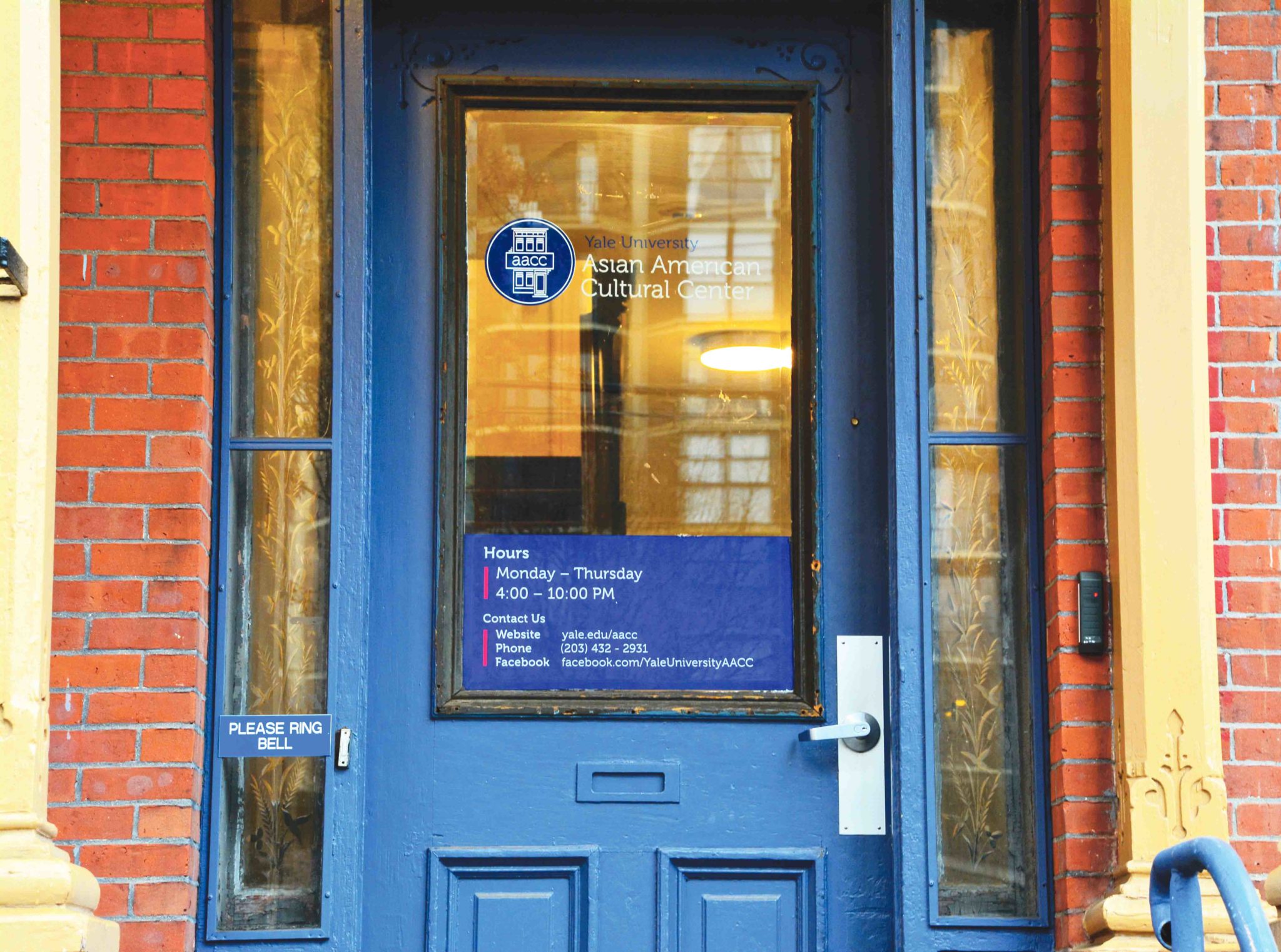
The Restaurant Rescue Project, a group within the Yale Hunger and Homelessness Action project, is collaborating with the Yale Asian American Students Alliance this month to host weekly food drives for the Downtown Evening Soup Kitchen and the New Reach women’s shelters.
Annie Cheng ’20, a member of YHHAP — a student service organization dedicated to alleviating hunger and homelessness in New Haven — founded the Restaurant Rescue Project last year in hopes of reducing food waste in local restaurants and combating hunger in the community. Two of the February food drives have already taken place, with two more slated to occur before the end of the month.
Cheng said she organized February’s food drives in collaboration with the AASA because she hopes to reach more people by partnering with cultural organizations.
“When I came to Yale, I worked at the Chipotle on Church Street. At the end of every closing shift, we’d toss the steak, rice and vegetables. It was always sorry to see, especially since we neighbored the New Haven Green, which is populated with transient folks,” Cheng said. “After seeing the success of Hunger Heroes and Kitchen2Kitchen — other YHHAP projects — I decided to start something myself.”
Renee Tung ’21, the drive coordinator, explained that during the drives, which take place outside local supermarkets, volunteers hand out shopping lists for the soup kitchen and the shelters to passersby. Shoppers can then choose to buy items on the list and drop them off at the table on their way out.
Joyce Ho ’20, co-director of the project, said the team sets up the food drives outside supermarkets to make it more convenient for shoppers who can buy items to donate while purchasing groceries for themselves.
“We want to really communicate that it’s easy to help the community if it’s set up in a convenient way,” Ho said. “A lot of our shoppers were like, ‘Wow, this is such a cool idea and it’s so much more convenient than traditional food drives where you bring food to a specific location.’ This proves that putting a creative infrastructural twist on a very traditional food drive can be very successful and doesn’t feel so much like you’re trying to pull teeth and force people to do something.”
According to Ho, the items on the lists include canned fruits, soup and pasta for the Downtown Evening Soup Kitchen and personal care items like soap, chapstick and lotion in addition to nonperishable food items for the New Reach women’s shelters.
Ho said the first drive collected more than 300 pounds of food and $50 in cash donations, while the second drive collected about 200 pounds of food and $100 in donations.
Amy Zhang ’21, who volunteered at the food drive last week, said some shoppers were open to the idea, while others seemed too busy.
“Some people were definitely interested and wanted to learn more about the different places that we donated the food to, so we gave them flyers,” Zhang said. “Some people said that they had already done it for church, for example. And other people wanted to donate money instead, because it was just more convenient, and we did have a cup for cash donations.”
According to Tung, one shopper donated an entire shopping cart’s worth of food during the first supermarket drive.
Zhang expressed hope that the project will expand, saying that although the initiative is new, it is based on a good model.
Although the Restaurant Rescue Project is currently focusing on the February food drives, the group also manages other initiatives, typically in collaboration with New Haven restaurants.
After initially struggling to manage the project by herself, Cheng said, she recruited her friends to assist her. Now, she added, the project is run by a team of more than 40 volunteers and is partnered with a number of local restaurants, including Claire’s Cornercopia, Four Flours Bakery, Donut Crazy and Junzi Kitchen. Typically, the project manages the relocation of leftover food at these restaurants to the Roger Sherman Halfway House, the Downtown Evening Soup Kitchen and The Connection, a rehabilitation center.
According to Cheng, the Restaurant Rescue Project has saved more than 3,000 pounds of food waste.
“Through sustainable measures like this, we want to help achieve food justice in New Haven and make a difference in the community during our time here and after,” Cheng said. “For me, it’s also a way to get to know the city better. We’ve built relationships with the businesses that we work with, and are growing regularly as a new organization on campus.”
Cheng added that she and her team are developing an app for the project to streamline communication between students and businesses. She hopes that the project will also expand to other universities.
Founded in 1974, YHHAP is the largest service group on campus.
Eui Young Kim | euiyoung.kim@yale.edu







